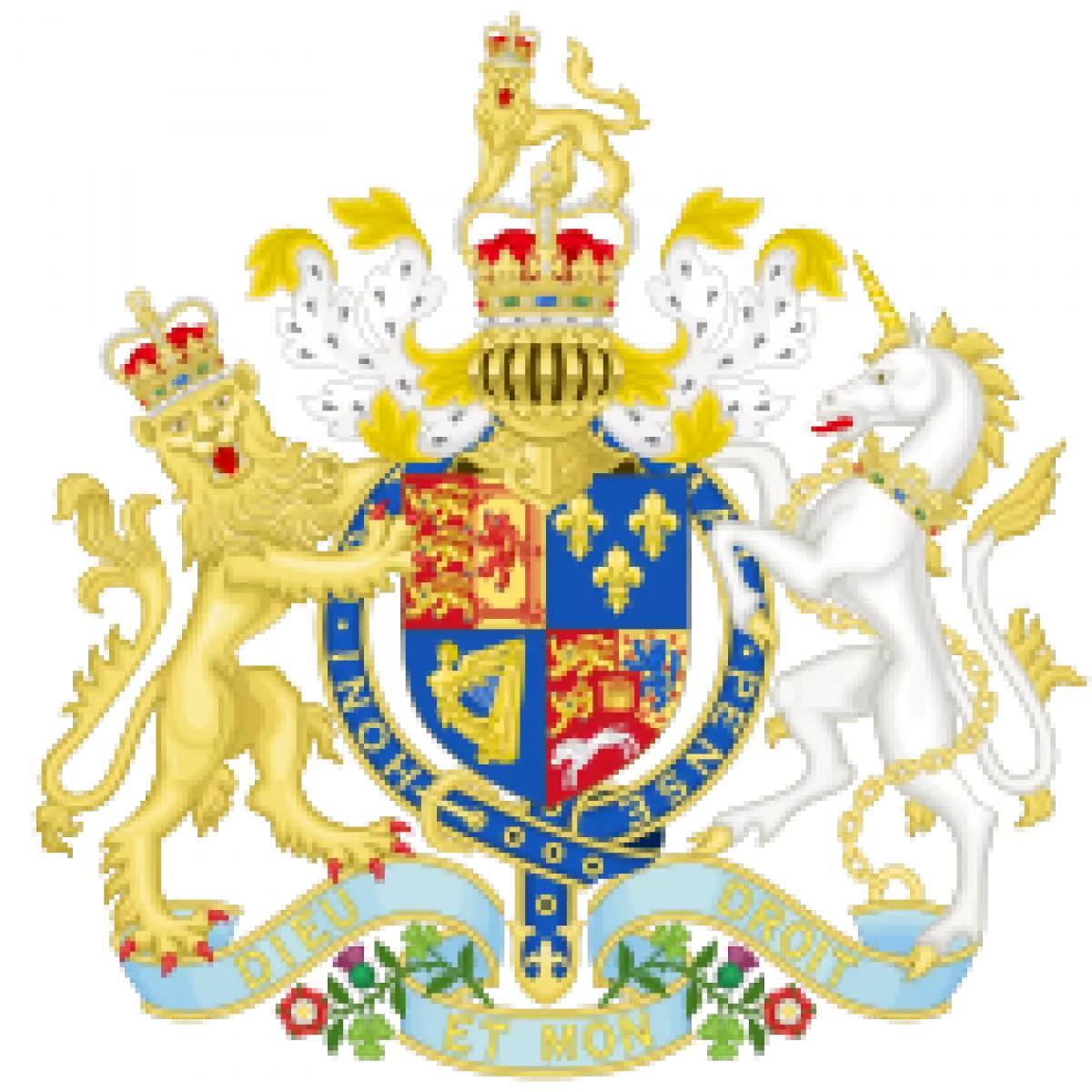 Satirical image depicting three sailors feeding fish to imprisoned Bostonian citizens.
Satirical image depicting three sailors feeding fish to imprisoned Bostonian citizens.
The Boston Port Act, also known as the Trade Act 1774, was a pivotal moment in the history of the American Revolution. It was one of five measures enacted by the British Parliament to punish the city of Boston for the infamous Boston Tea Party of December 16, 1773. This article delves into the background, passage, and aftermath of the Boston Port Act, shedding light on the courageous acts of resistance that shaped the course of history.
Background: A Response to the Boston Tea Party
In response to the Boston Tea Party, King George III accused the colonists of undermining British commerce and subverting the constitution. On March 18, 1774, Lord North introduced the Port Bill, which effectively closed the Port of Boston to all ships. This blockade aimed to extract restitution for lost customs duty and damages suffered by the East India Company. Additionally, the act mandated the relocation of Massachusetts Colony's seat of government to Salem and designated Marblehead as a new port of entry.
Passage: Resisting Oppression
While initially seen as moderate and reasonable by some allies of America in Parliament, opposition to the act grew rapidly. Figures such as Edmund Burke, Isaac Barré, and Thomas Pownall passionately fought against it. Despite their efforts, the Boston Port Act became law on March 31, 1774, without a division in the Commons and with unanimous approval in the Lords.
Aftermath: Unity and Defiance
The enactment of the Boston Port Act brought about a wave of protests and resistance from colonists. The Royal Navy and the British Army were deployed to enforce the blockade, and Commander-in-Chief Thomas Gage led a significant military presence in Boston. Colonists protested that the act violated their rights as subjects of George III and disproportionately punished the residents of Boston.
The Port of Boston was a vital source of supplies for the people of Massachusetts, and in a show of solidarity, sympathetic colonies like South Carolina sent relief supplies to support their fellow Americans. This outpouring of support prompted Boston's leaders to boast that their city would become the chief grain port of America if the act was not repealed.
On June 1, 1774, a day marked by fasting and prayer, the Thirteen Colonies took their first steps towards unification. Bells tolled, flags were placed at half-mast, and houses were draped in mourning. This momentous occasion paved the way for the convening of the First Continental Congress in Philadelphia on September 5, 1774. It was here that colonial leaders sought to coordinate a unified response to the Boston Port Act and other Coercive Acts imposed by the British Parliament.
Through resolute resistance and unwavering unity, the colonists demonstrated their resolve to fight for their rights and liberties. The Boston Port Act played a pivotal role in rallying the colonies together, setting in motion the events that would ultimately lead to American independence.
Cited Sources:
- [1] Trade Act 1774 - Wikipedia
- [2] Boston Port Act - Wikipedia
- [3] Intolerable Acts - Wikipedia
Further Reading:
- Frothingham, Richard (1873). The Rise of the Republic of the United States. Boston: Little, Brown and Co.
- Halsey, R. T. H. (1904). The Boston Port Bill. Grolier Club.
Full text of the Boston Port Act available upon request.

















